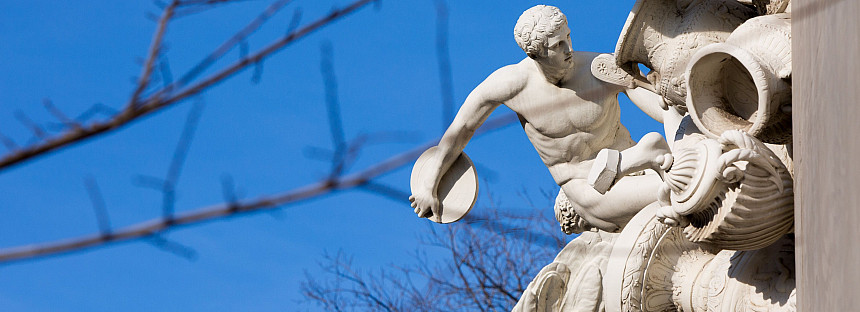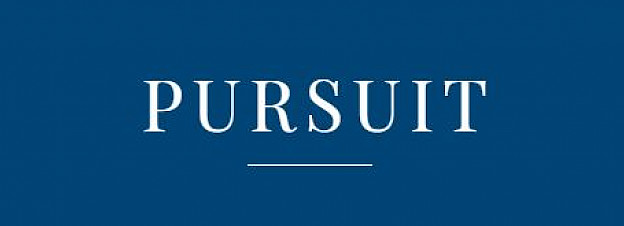
Events
Centre for Advancing Journalism at the University of Melbourne
Featured events
The science behind aging: cells, stress and the power of connection
Join us online or in person as Professor Elizabeth Blackburn describes her research journey: from curiosity-driven research uncovering of how cells protect their chromosomal ends (telomeres), to how loss of telomere protection contributes to human aging and aging-related diseases. Influences on human telomere maintenance are only partially genetic; they prominently include psychological and life and societal circumstances - starting from earliest life and reverberating through the life course. The broader implications of such scientific research will be discussed.
This event was originally taking place at the Bio21 Auditorium but has now been moved the Carrillo Gantner Theatre in the Sidney Myer Asia Centre.
Digital Health Week 2026
Digital Futures: Rethinking Health and Care
Digital Health Week is an opportunity for anyone interested in digital health to share research and ideas.
Digital Health Week 2026 is a collaboration between The University of Sydney, The University of New South Wales, The University of Queensland and The University of Melbourne. Back for its sixth year the 2026 theme is ‘Digital Futures: Rethinking Health and Care’. As digital innovation accelerates, the future of health and care is being redefined. The Melbourne instance of the event will be face-to-face at Melbourne Connect.
It is designed to be informative, provocative, and a showcase of the innovative work being undertaken in digital health in NSW, Victoria, and Queensland. This conference invites researchers, practitioners, policymakers, and technologists to explore how emerging digital technologies—AI, data analytics, remote monitoring, virtual care, social media, and more—are reshaping healthcare systems, professional practices, and patient experiences. Join us for critical conversations, cutting-edge insights, and collaborative opportunities that will shape the next era of health and care.
By fostering discussions around Digital Futures: Rethinking Health and Care, the conference seeks to drive positive change in the digital health landscape, ultimately leading to improved health outcomes for everyone, regardless of their background or circumstances.
Keynote Speakers
Digital Health Week 2026 will feature an exciting lineup of keynotes and panel discussions. Find out more about our confirmed speakers, panellists and program on the DHW website - https://www.digitalhealthweek.com.au/



